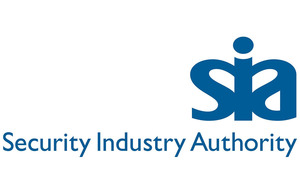COVID-19 critical worker status
Clarification on when a security operative is considered to be a "critical worker".

On Monday 4 January 2021, the Prime Minister announced that the Government will be introducing new national COVID-19 measures in England to protect the NHS and save lives.
The SIA has spoken with the Home Office to obtain information and guidance for individuals and security businesses/employers in the sector to enable them to consider working requirements during the on-going period.
A security operative is considered a critical worker if they are deployed in the following:
- critical security provision in hospitals, social care, the courts, government estate buildings, as well as key supermarkets/food supply chain, the transport network and critical national infrastructure and utilities
- roles essential to supporting law and order, or which have the potential to limit any further likely pressures on the Police or national emergency services - this could include the guarding of empty or closed commercial property judged at risk, closed retail sites or sensitive office premises, or the monitoring of similar through CCTV or other remote means, and the provision of alarm response centres including mobile units
If you are providing essential security to a service which itself remains critical and functioning, which attracts critical worker status, then you are likely to be covered. If in doubt, check with whoever contracts for your services.
To further assist in determining locally which private security roles are critical, decisions will need to be taken on a case-by-case basis by those contracting security provision and security businesses/employers. Any access to school places is role dependent and will be decided on by the relevant local authority.
These are challenging and unprecedented times. The questions arising are not easy and no-one else can answer them for you. You will need to apply judgement, with the aim of following the Government’s guidance and always minimising social contact where possible.
For further information please refer to the Government’s guidance published on GOV.UK.